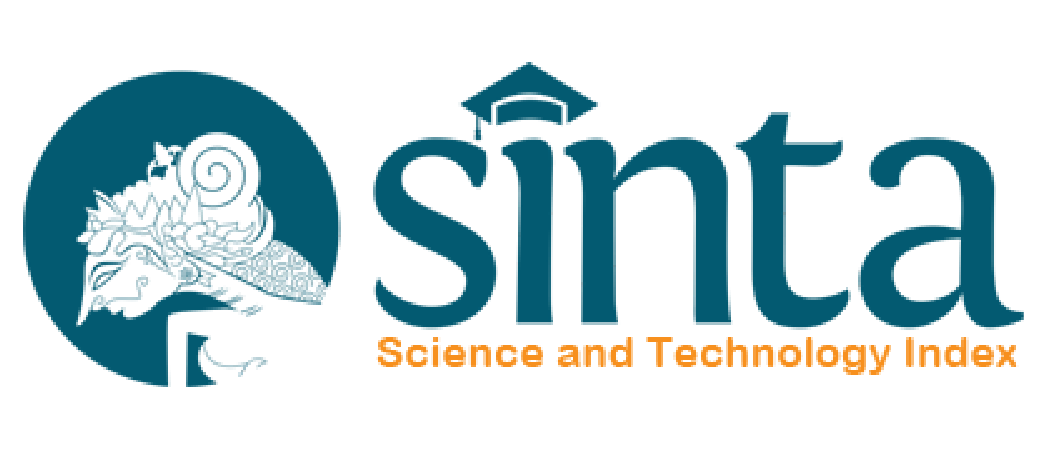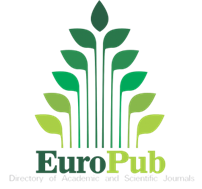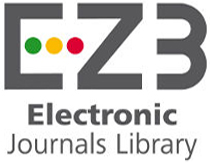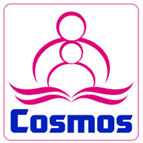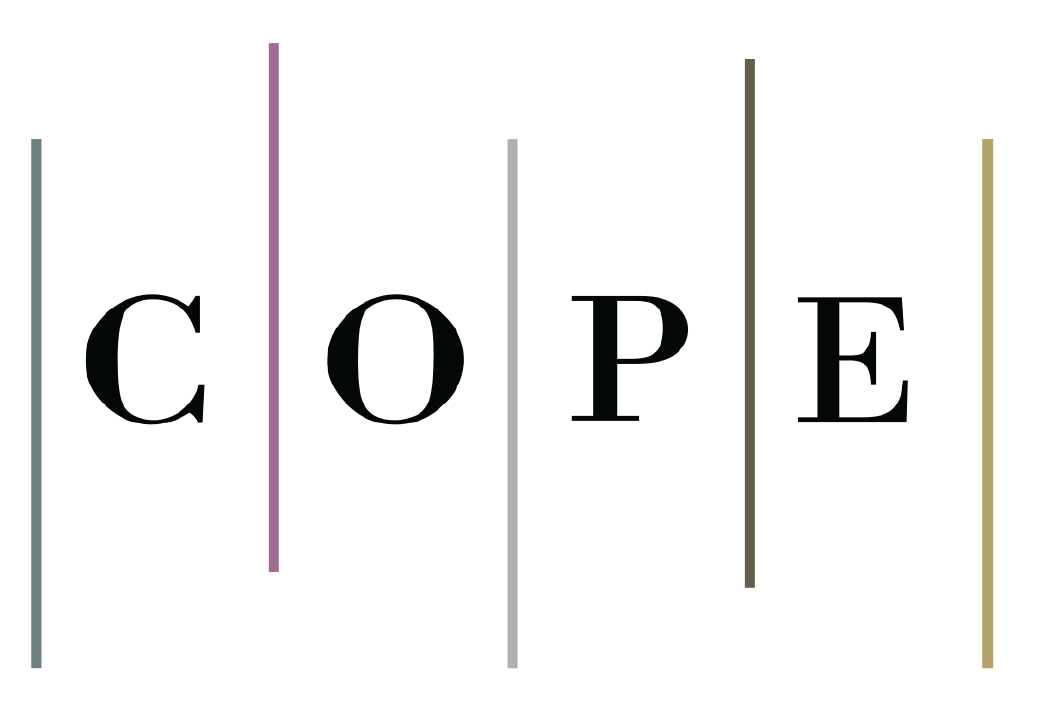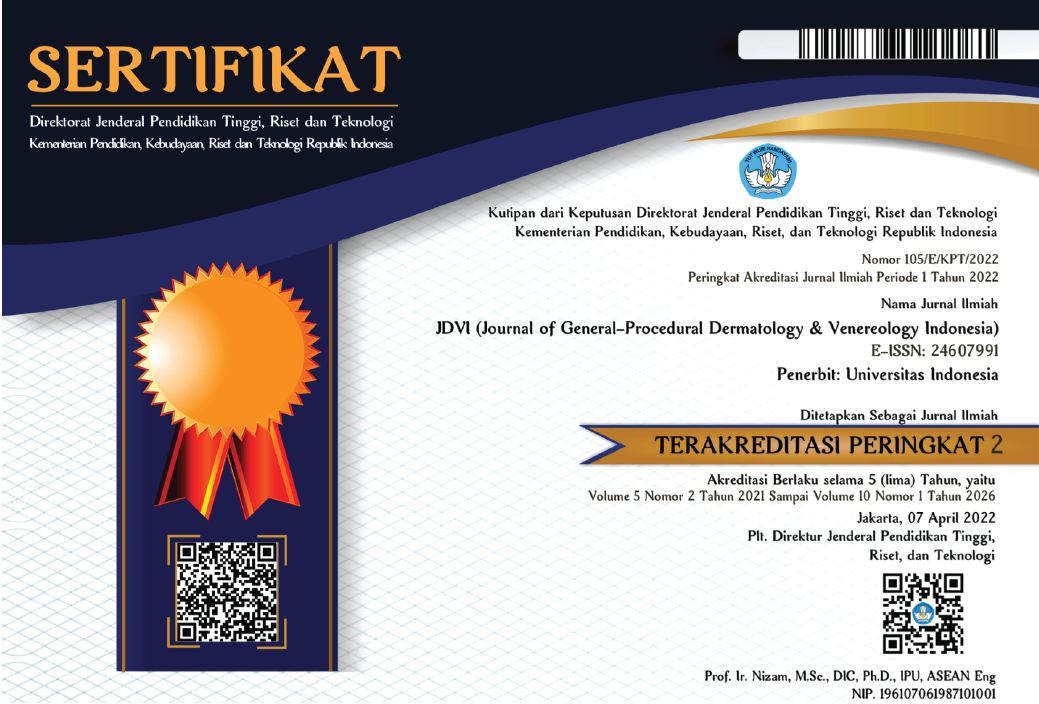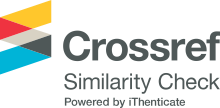Abstract
Background: In chronic spontaneous urticaria (CSU), autologous serum therapy (AST) is an alternative treatment modality that provides promising benefit of extended relief period without side effects and economic burden of pills. This study aimed to assesses the efficacy of AST in CSU patients irrespective of their autologous serum skin test (ASST) result.
Methods: Patients were enrolled based on inclusion and exclusion criteria after taking written informed consent. A detailed history and clinical examination & relevant investigations were done. ASST was performed and irrespective of the test result AST was given to all study subjects that included weekly intramuscular injections for 8 times. Urticaria activity score (UAS), urticaria severity score (USS) and dermatology life quality index (DLQI) were recorded at baseline and 8th visit to note the improvement in the condition.
Result: Among 34 patients, 24 patients (70.58%) had a positive ASST result while 10 (29.41%) were negative. In 24 patients with positive ASST result, the average UAS, USS, & DLQI was 2.95, 20.45, & 6.6 respectively at baseline and improved to 0.29, 1.83, & 0.45 respectively at week 8. In 10 patients with negative ASST, the average UAS, USS, and DLQI was 2.4, 20.9, & 8 respectively at baseline and improved to 0.4, 2.8, & 0.6 respectively at week 8 after AST. Irrespective of ASST result, improvement was observed in UAS, USS, & DLQI, which is statistically significant.
Conclusion: AST is a beneficial alternative therapy in CSU patients with partial control of symptoms with pills.
References
References
- Peck G, Hashim MJ, Shaughnessy C, Muddasani S, Elsayed NA, Fleischer AB Jr. Global epidemiology of urticaria: Increasing burden among children, females and low-income regions. Acta Derm Venereol. 2021;101(4):adv00433.
- Dobrican CT, Muntean IA, Pintea I, Petricău C, Deleanu DM, Filip GA. Immunological signature of chronic spontaneous urticaria (Review). Exp Ther Med. 2022;23(6):381.
- Maurer M, Abuzakouk M, Bérard F, et al. The burden of chronic spontaneous urticaria is substantial: Real-world evidence from ASSURE-CSU. Allergy. 2017;72(12):2005-16.
- Zuberbier T, Aberer W, Asero R, et al. The EAACI/GA(2) LEN/EDF/WAO Guideline for the definition, classification, diagnosis, and management of urticaria: The 2013 revision and update. Allergy. 2014;69(7):868-87.
- Mohammed JQ. Autologous serum therapy reduces the symptoms and antihistamine burden in patients with chronic urticaria. Postepy Dermatol Alergol. 2023;40(3):398-401.
- Asero R, Ferrer M, Kocaturk E, Maurer M. Chronic spontaneous urticaria: The role and relevance of autoreactivity, autoimmunity, and autoallergy. J Allergy Clin Immunol Pract. 2023;11(8):2302-8.
- Kolkhir P, Church MK, Weller K, Metz M, Schmetzer O, Maurer M. Autoimmune chronic spontaneous urticaria: What we know and what we do not know. J Allergy Clin Immunol. 2017;139(6):1772-81.e1.
- Mlynek A, Zalewska-Janowska A, Martus P, Staubach P, Zuberbier T, Maurer M. How to assess disease activity in patients with chronic urticaria. Allergy. 2008;63(6):777-80.
- Jariwala SP, Moday H, de Asis ML, et al. The urticaria severity score: A sensitive questionnaire/index for monitoring response to therapy in patients with chronic urticaria. Ann Allergy Asthma Immunol. 2009;102(6):475-82.
- Finlay AY, Khan GK. Dermatology life quality index (DLQI)--a simple practical measure for routine clinical use. Clin Exp Dermatol. 1994;19(3):210-6.
- Patil S, Sharma N, Godse K. Autologous serum therapy in chronic urticaria. Indian J Dermatol. 2013;58(3):225-6.
- Lima H, Gooderham M, Dutz J, et al. Management of chronic spontaneous urticaria (CSU): A treat to target approach using a patient reported outcome. Allergy Asthma Clin Immunol. 2017;13:38.
- Bracken SJ, Abraham S, MacLeod AS. Autoimmune theories of chronic spontaneous urticaria. Front Immunol. 2019;10:627.
- Sotés PI, Armisén M, Usero-Bárcena T, et al. Efficacy and safety of up-dosing antihistamines in chronic spontaneous urticaria: A systematic review of the literature. J Investig Allergol Clin Immunol. 2021;31(4):282-91.
- Sundaresh D, Kumaravel S, Anbumalar M. Autologous serum therapy: A viable option for chronic spontaneous urticaria. Int J Res Dermatol. 2021;7(1):69-72.
- Kumaran MS, Mangal S, Narang T, Parsad D. Autologous serum and plasma skin tests in chronic spontaneous urticaria: A reappraisal. Indian Dermatol Online J. 2017;8(2):94-9.
- Surendran KAK, Nanjundaswamy BL , Sathish S, Bangaru H, Kudari S. Autologous serum therapy in chronic urticaria. IP Indian J Clin Exp Dermatol. 2019;5(4):275–9.
- Godse KV, Nadkarni N, Patil S, Mehta A. Subcutaneous autologous serum therapy in chronic spontaneous urticaria. Indian J Dermatol. 2017;62(5):505-7.
- Talwar V, Bhaskar P. Autologous serum therapy in chronic spontaneous urticaria: Useful in both ASST positive and negative patients. Int J Res Dermatol. 2022;8(2):224-7.
- Vikramkumar AG, Kuruvila S, Ganguly S. Autologous serum skin test as an indicator of chronic autoimmune urticaria in a tertiary care hospital in South India. Indian Dermatol Online J. 2014;5(Suppl 2): S87-91.
- Karn D, Kc S. Clinical outcome of autologous serum therapy in chronic idiopathic urticaria. J Nepal Health Res Counc. 2017;15(1):71-4.
- Chang HC, Sung CW, Lin MH. Efficacy of autologous whole blood or serum therapy for chronic spontaneous urticaria: A systematic review and meta-analysis. J Dermatolog Treat. 2019;30(8):818-25.
- Niyati P, Kailash B, Satguru D, et al. Evaluation of the utility of autologous serum skin test and the efficacy of autologous serum therapy in chronic spontaneous urticaria. Iranian Journal of Dermatology. 2017;20(2):43-9.
- Yu L, Buttgereit T, Stahl Skov P, et al. Immunological effects and potential mechanisms of action of autologous serum therapy in chronic spontaneous urticaria. J Eur Acad Dermatol Venereol. 2019;33(9):1747-54.
- Demirkan S, Baççıoğlu A. Rationale for the autologous serum skin test in acute versus chronic urticaria. Postepy Dermatol Alergol. 2019;36(6):703-6.
- Paudel S, Parajuli N, Sharma R, Parajuli S. Chronic spontaneous urticaria: Clinical profile, autologous serum skin test positivity and associated impairment in quality of life in Nepalese patients. Kathmandu Univ Med J (KUMJ). 2022;20(80):448-51.
- Park GH, Choi JH, Kim S, Bae Y. The relation of autologous serum skin test and autologous plasma skin test result with various clinical and laboratory findings in patients with chronic spontaneous urticaria. Ann Dermatol. 2020;32(4):280-8.
- Wannous BI, Khaddam J, Ismaiel MA. Efficacy of autologous serum therapy in chronic urticaria, a prospective experimental cohort study. The Open Dermatology Journal. 2022;16:1-6.
Recommended Citation
Shantharaju, Sanjana Agrahara; Hongal, Amrita; Gupta, Diksha; and Jonnagadla, Girishma
(2023)
"Favorable benefits of autologous serum therapy in chronic spontaneous urticaria,"
Journal of General - Procedural Dermatology and Venereology Indonesia: Vol. 7:
Iss.
2, Article 3.
DOI: 10.7454/jdvi.v7i2.1149
Available at:
https://scholarhub.ui.ac.id/jdvi/vol7/iss2/3



